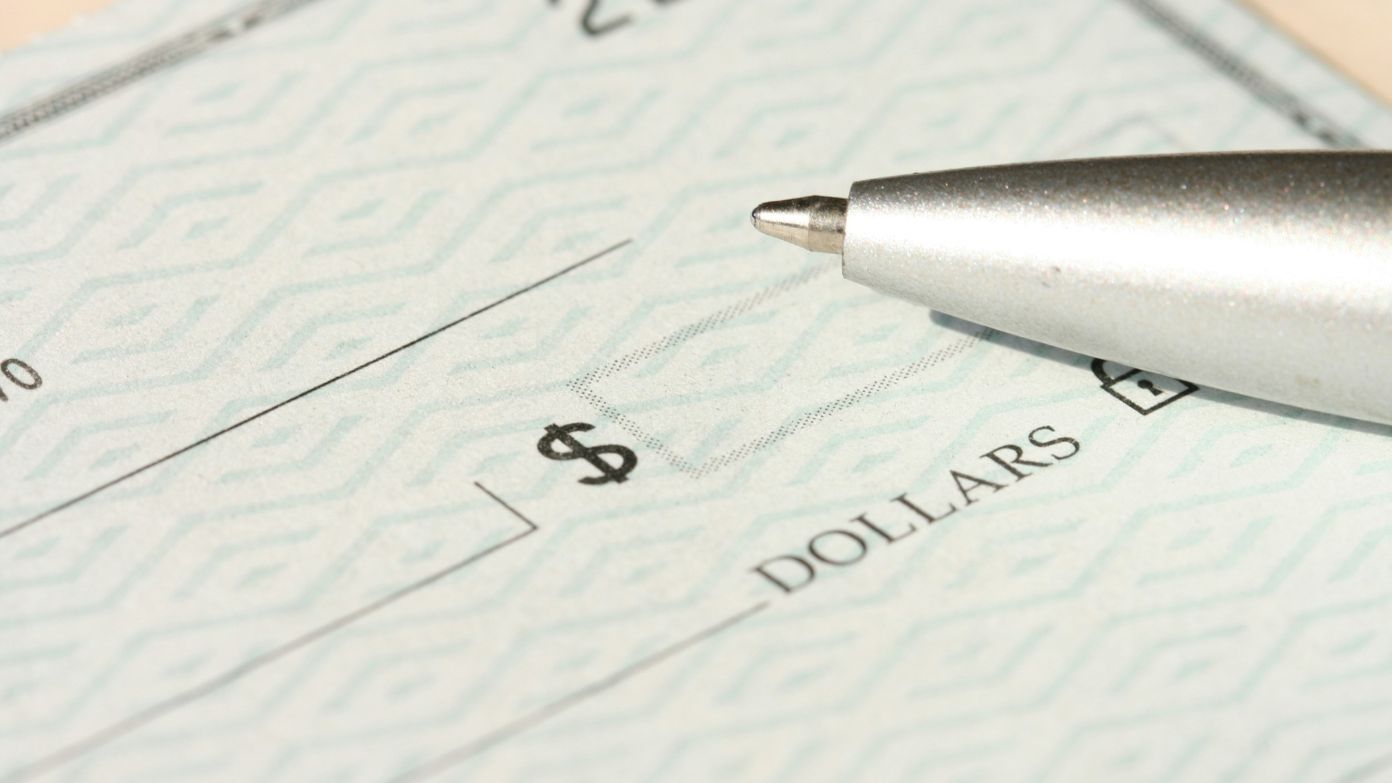In just a few months, how you receive your Social Security check could completely change. If you or someone you care about still relies on paper checks to get their monthly benefits, this is something you need to pay close attention to.
Why is the government getting rid of paper checks?
The federal government is moving away from paper checks for a few big reasons:
- Paper checks are slow and outdated
- They are more likely to get lost or stolen in the mail
- Check fraud is on the rise
- Electronic payments are safer, faster, and more efficient
As part of a broader push to modernize federal payments, an executive order now requires nearly all government payments—including Social Security—to be made electronically. The only exceptions will be rare cases where someone cannot access any digital option at all.
What are the new payment methods replacing paper checks?
Instead of getting a check in the mail, here are the ways you will likely get your Social Security payment:
- Direct deposit into your bank or credit union account
- Prepaid debit cards, often issued by the government
- Digital wallets, like Cash App, PayPal, or Venmo
- Real-time payments, which can move money instantly
These changes are designed to make sure your money gets to you quickly and securely, with less risk of delay or theft.
How this affects Social Security recipients
Right now, about 486,000 Social Security beneficiaries still receive paper checks. That number may seem small, but many of those people are older, unbanked, or not comfortable with technology.
If you are one of them—or know someone who is—it is time to take action.
“Older adults are significantly disadvantaged by outdated systems and need to be brought into digital payments,” said Haywood Talcove, a senior executive at LexisNexis Risk Solutions.
Here is what you need to do:
- Contact your local Social Security office as soon as possible
- Open a bank account if you do not already have one
- Ask about prepaid card options if banking is not available to you
- Make the switch to electronic payments before the deadline
When is the deadline to switch from paper checks?
The federal government has set September 30 as the deadline to phase out paper checks. That means:
- You need to enroll in a digital payment option before September 30
- After that, checks will no longer be issued for most people
- There will be limited exceptions for people who truly cannot use digital options
If you think you might qualify for an exception, talk to Social Security directly. They will explain your options and tell you what steps to take.
What happens if I do nothing?
If you continue waiting and do not switch to a digital payment method:
- Your Social Security payments may be delayed
- You could miss payments entirely if your check is lost or held up
- You may need to go through extra steps to fix the issue
To avoid stress and financial trouble, make sure to sort out your payment method now—before time runs out.
Related article:
What is the Social Security Fairness Act and how could it affect you?

